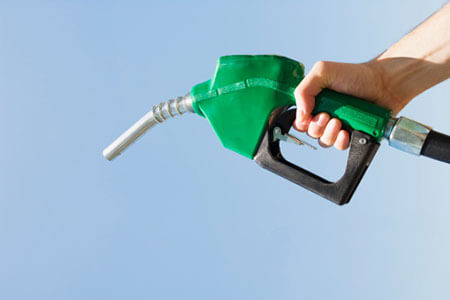
E85 has quickly come up in the world as a leading gasoline replacement, and as of 2014 there were over 3,000 service stations across the US carrying the fuel.
Developed to help reduce tail pipe carbon emissions in vehicles and reduce overall greenhouse emissions, E85 is a blend of 85% denatured ethanol and usual 15% gasoline and commonly goes by the name Flex Fuel. Though typically E85 is cheaper than gasoline and diesel the fuel economy has yet to have any substantial research to prove otherwise, which some would say negates the dollar savings in the long run.
Others tout that ethanol has already proven an advantage of up to 22% more efficient in equivalent ethanol engines. Just like adding diesel to a gasoline engine, adding E85 to a gasoline engine can cause major damage to the fuel system and other major systems. One such failure is caused by premature fuel ignition. The octane rating in E85 is insufficient to withstand the greater compression needed for combustion.
Engines not designed to use ethanol fuels will experience wear, corrosion, and fail prematurely. The largest critics of ethanol for fuel come from the Food vs Fuel movement. Proponents of the idea say that making the fuel drives up world wide food prices since ethanol is mostly made from corn.
E85 advocates counter the argument stating that in the US alone farmers routinely overproduce corn, and that most of the corn grown is used for livestock feed and never sees human consumption.